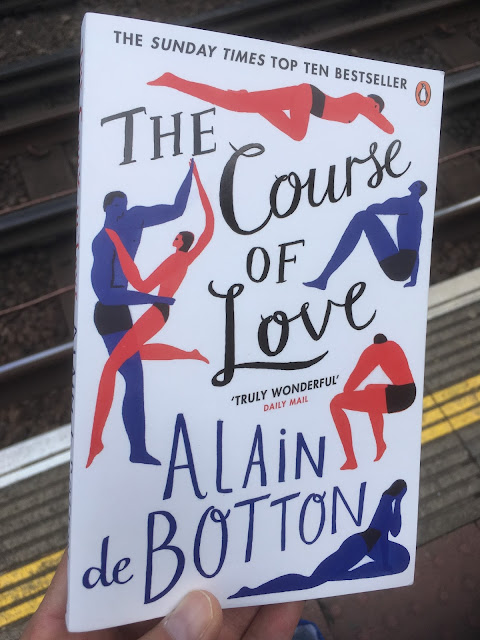Borrowed from East Barnet Library.
A brilliantly plotted thriller detailing an obsessive love triangle. (Is there any other kind?) Con artist and Scotch-sipping alcoholic Chester MacFarland and his pretty young wife Colette are travelling in Greece when Chester is tracked down by the police. In a confrontation at his Athens hotel, he accidentally kills a detective. He covers up the incident and escapes to Crete with the help of Rydal Keener, another American traveller, seeking adventure and powerfully drawn to the couple (Chester reminds him of his father; Colette reminds him of his cousin). The three are now tied together by the act – and by colluding in covering up for it. They become increasingly dependent on one another as they take flight. Chester resents the hold that Rydal has over him. Colette is attracted to the young man, who treats her more respectfully than her own husband does. Rydal wrestles with his strange attachment to each of them. This tense triangular relationship drives all of the drama that follows...
It's a dynamic, exciting read that expertly sustains the tension across 300 pages. Highsmith lets you understand the motivations, fears and desires of the three characters in such a way that you can relate to all of them, however desperate their situation becomes. She explores what that desperation does to human relationships and what happens to morality and rationality when people find themselves under extreme pressure. Heady stuff, and I didn't want it to end.
Note: The Two Faces of January was made into a 2014 film directed by Hossein Amini, which is just as compelling.
05/06/17: Alain de Botton – The Course of Love (2016)
This was £1.25 from North London Hospice in Whetstone.
Like his earlier book, Essays in Love, this is a philosophical novel that examines a romantic relationship in forensic detail. Rabih and Kirtsen, meet, fall in love, get married, have children, and so on. The author uses their relationship for a wider rumination on love – what forms it takes, how it works (or doesn't work) at various stages, and what it means to be a couple. The book is at its best when it most closely follows the novel form – for example, he expertly captures the petty and awkward nature of arguments. However, there are regular italicised passages in which the somewhat dry, cold "philosophy voice" takes over, and these brief commentaries interrupt the flow. That's obviously intentional – for some reason he doesn't want you to become fully absorbed in this as a work of fiction – but it does tend to make the book less effective.
Ultimately there’s a message of kindness behind The Course of Love – a subtle suggestion that we might be able to become better people over time if we survive the obstacles life throws at us.
Like his earlier book, Essays in Love, this is a philosophical novel that examines a romantic relationship in forensic detail. Rabih and Kirtsen, meet, fall in love, get married, have children, and so on. The author uses their relationship for a wider rumination on love – what forms it takes, how it works (or doesn't work) at various stages, and what it means to be a couple. The book is at its best when it most closely follows the novel form – for example, he expertly captures the petty and awkward nature of arguments. However, there are regular italicised passages in which the somewhat dry, cold "philosophy voice" takes over, and these brief commentaries interrupt the flow. That's obviously intentional – for some reason he doesn't want you to become fully absorbed in this as a work of fiction – but it does tend to make the book less effective.
Ultimately there’s a message of kindness behind The Course of Love – a subtle suggestion that we might be able to become better people over time if we survive the obstacles life throws at us.
Subscribe to:
Comments (Atom)

